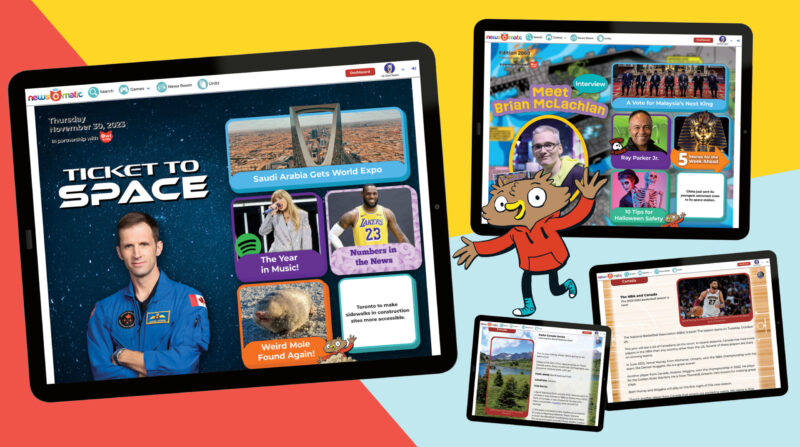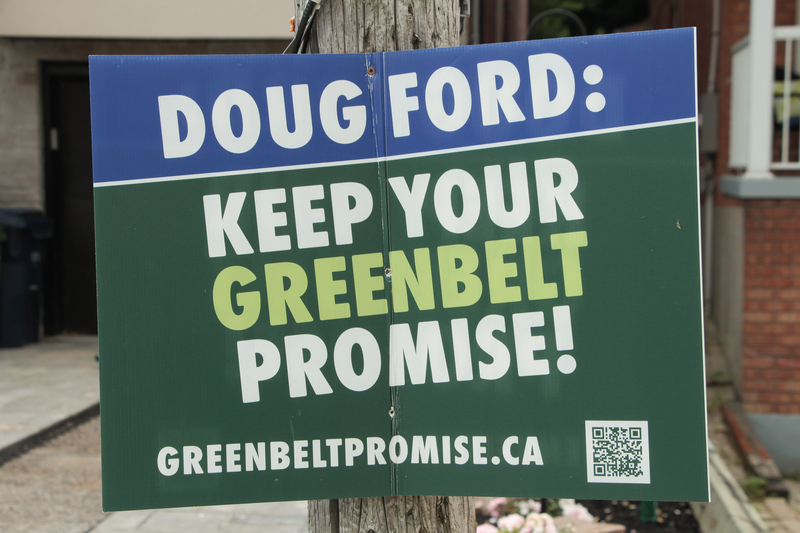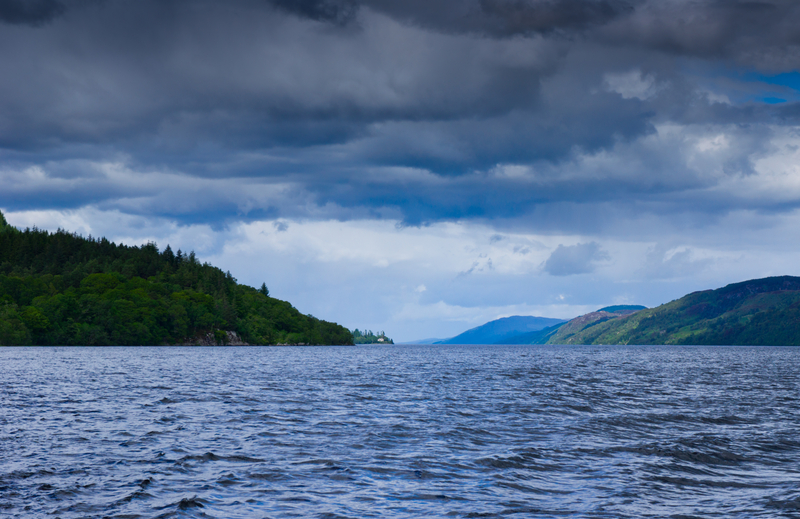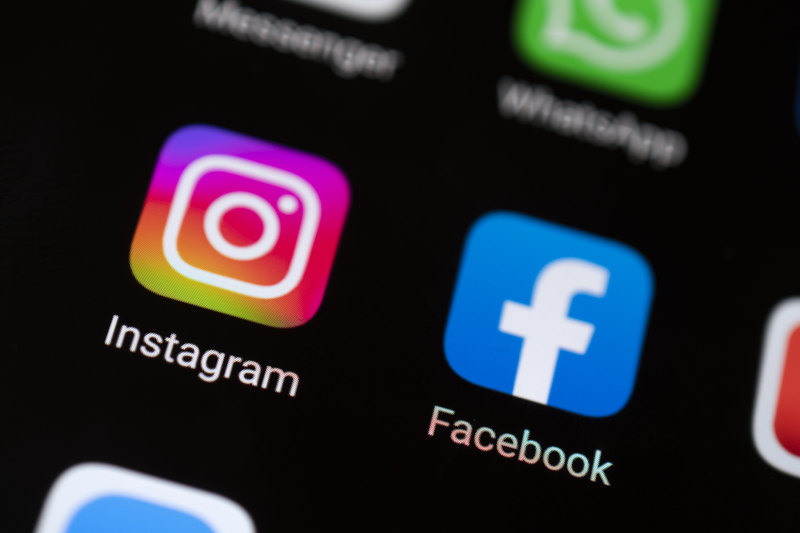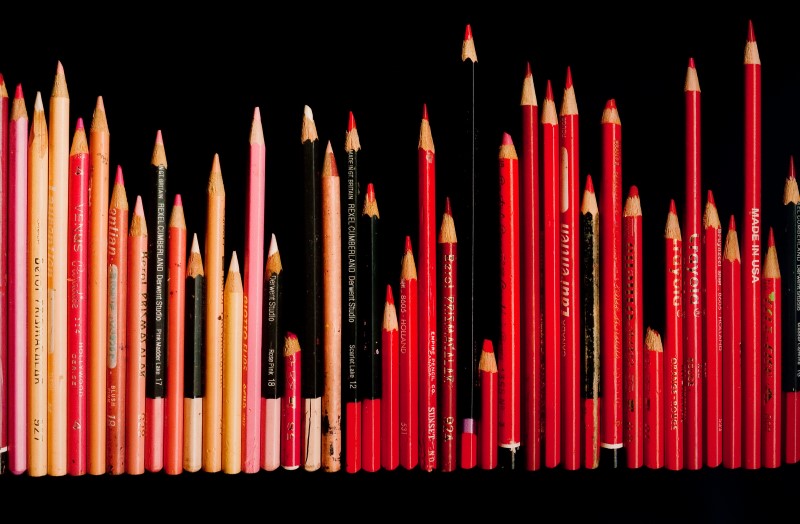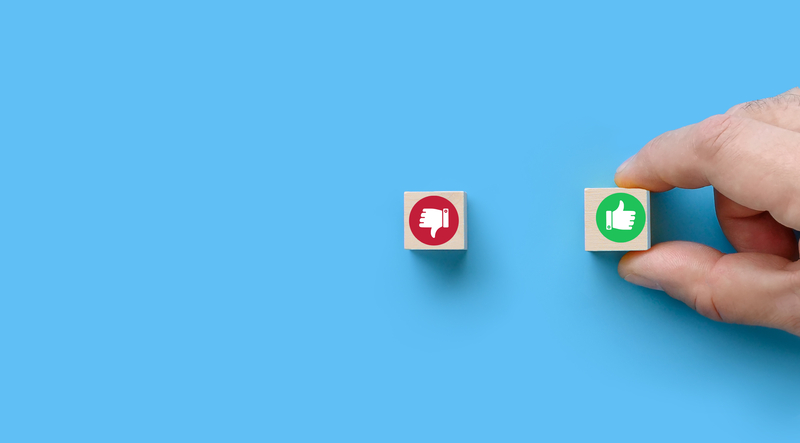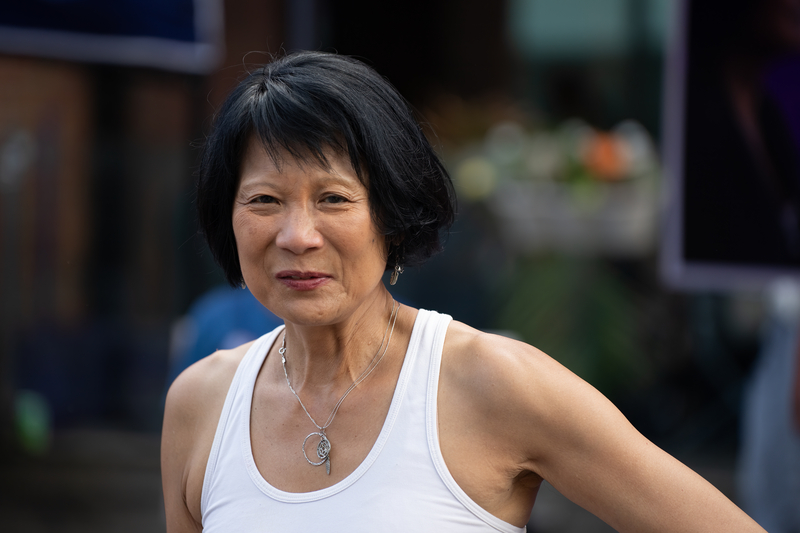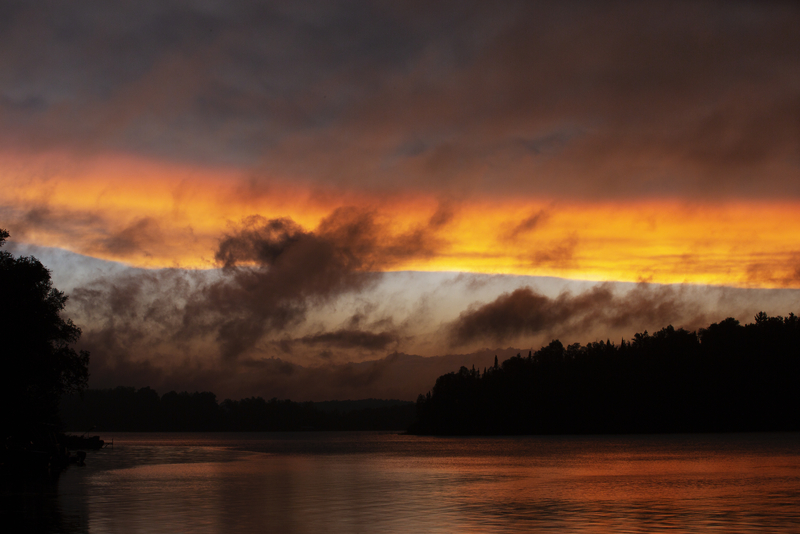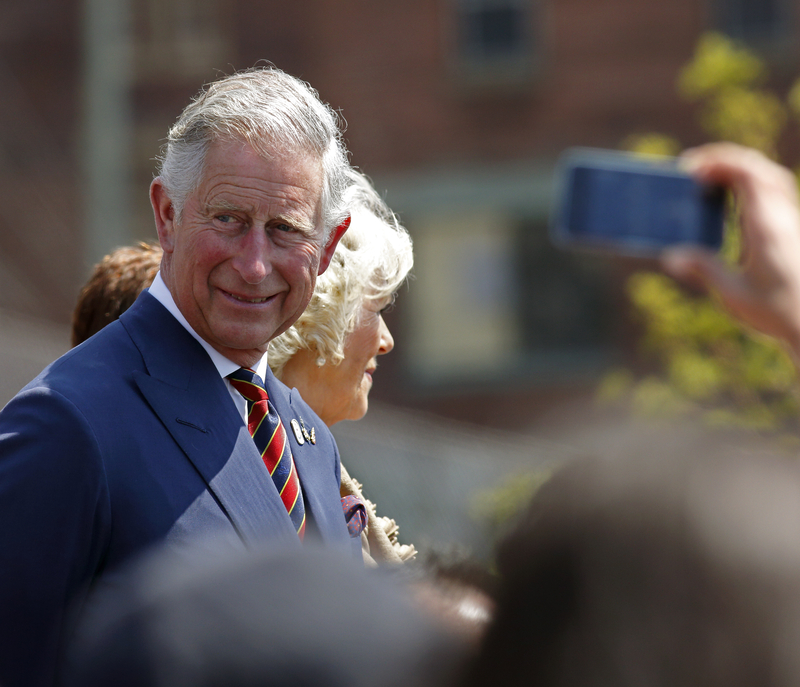Early Sunday morning at around 2:00am local time, a lone gunman attacked partygoers in an Orlando, Florida nightclub called Pulse. The attacker, an American citizen named Omar Mateen, was eventually stopped and killed by law enforcement, but not before he took the lives of 49 people and injured 53 more. This event marks the worst such shooting in U.S. history, one that President Barack Obama referred to as "an act of terror". Despite the tragedy, reports have also emerged of great bravery, with people helping wounded strangers until paramedics could arrive.
Marking their support
Pulse was a significant place for the LGBTQ (Lesbian Gay Bisexual Transgender Queer) community in Orlando, making this a tragedy that is especially deeply felt not only in Florida's gay rights circles, but throughout those in North America and even the rest of the world. Already by Sunday afternoon and evening, vigils (a public gathering to express mourning and support) were being held by local LGBTQ communities in cities across the continent such as Minneapolis, Toronto, New York, Atlanta, and many more. The Los Angeles Pride Parade (a celebration of gay rights and culture that was scheduled for Sunday) was full of tributes to Orlando.
Standing together: "We both have the same enemies"
Authorities such as the FBI (Federal Bureau of Investigation) are working extremely hard to understand the exact nature of Mateen's motivations. Reports are that Mateen, a Muslim, expressed allegiance to the terrorist group ISIS during the attack. For now the FBI has found no evidence that ISIS and Mateen were ever in contact with one another. What's more, both the LGBTQ and Muslim communities in Florida and beyond are refusing to allow this event to separate them. Instead, they are binding together stronger than ever.
Tellingly, community leaders on both sides have expressed how they were already working together to support one another long before this tragedy occurred.
"The reality is, we both have the same enemies that promote fear and hate against the U.S. and that have targeted both communities for violent acts," said Hassan Shibly, the executive director of the Florida branch of the Council on American-Islamic Relations. He spoke of how the LGBTQ community has offered them support in the face of Islamophobia for many years.
Similarly, Carlos Guillermo Smith, a representative of Equality Florida, an LGBTQ advocacy group, stated, "Let me be clear: Equality Florida stands in solidarity with the Muslim and Islamic community and in opposition to the intolerance, discrimination and hate crimes that both of our communities experience."
Support found in all forms
A tragedy such as this is a time for mourning and reflection. But it is also one for conversation, action, and questions. Central Florida (where Orlando is located) has reported an overwhelmingly positive response to calls for blood donations. People from all walks of life and faiths are coming to assist those in need in Orlando hospitals. Very quickly, the hashtag #loveislove emerged on Twitter as millions turned their thoughts and attention toward supporting those affected. Meanwhile, Canadian Prime Minister Justin Trudeau was just one of many world leaders to condemn the attack, saying, "We grieve with our friends in the United States and Florida, and offer any assistance we can provide."
If Mateen's motives are not fully understood yet, one thing is clear: this terrible tragedy will not deter either the LGBTQ or Muslim communities from working together to stop prejudice. And from vigils to blood donations to statements of concern and love, it's clear they are far from alone.
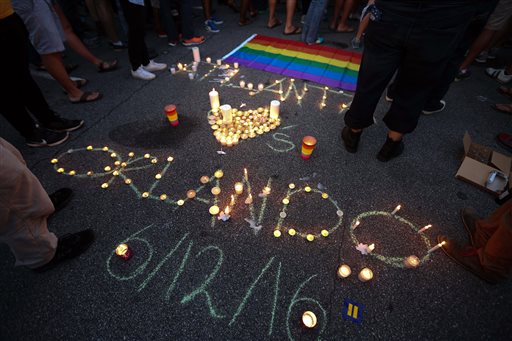 People light candles at an LGBTQ community vigil in Atlanta to support the victims of the Orlando shooting. (Branden Camp/Atlanta Journal-Constitution via AP)
People light candles at an LGBTQ community vigil in Atlanta to support the victims of the Orlando shooting. (Branden Camp/Atlanta Journal-Constitution via AP)
